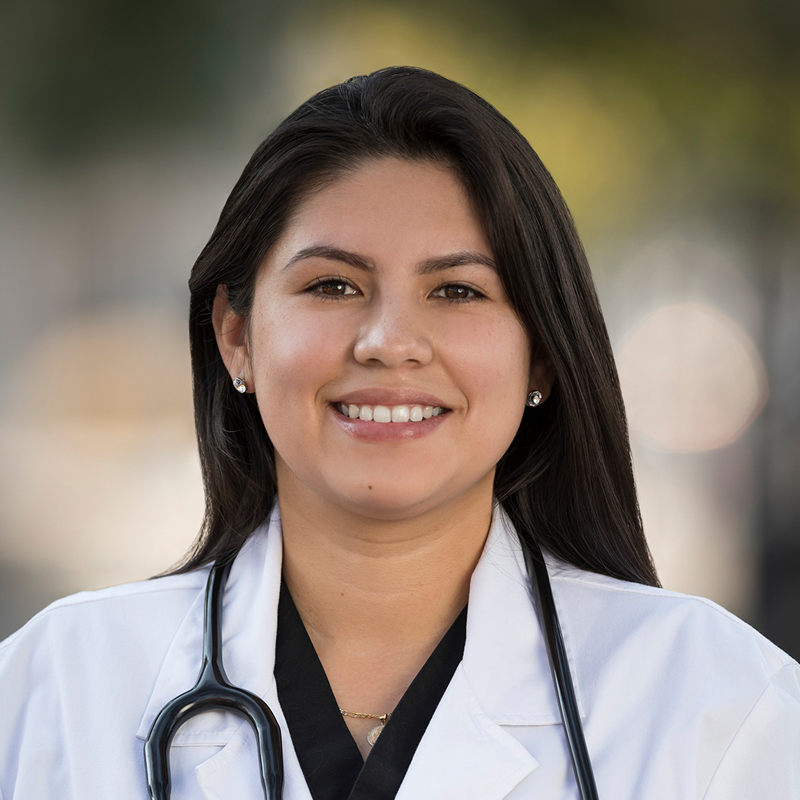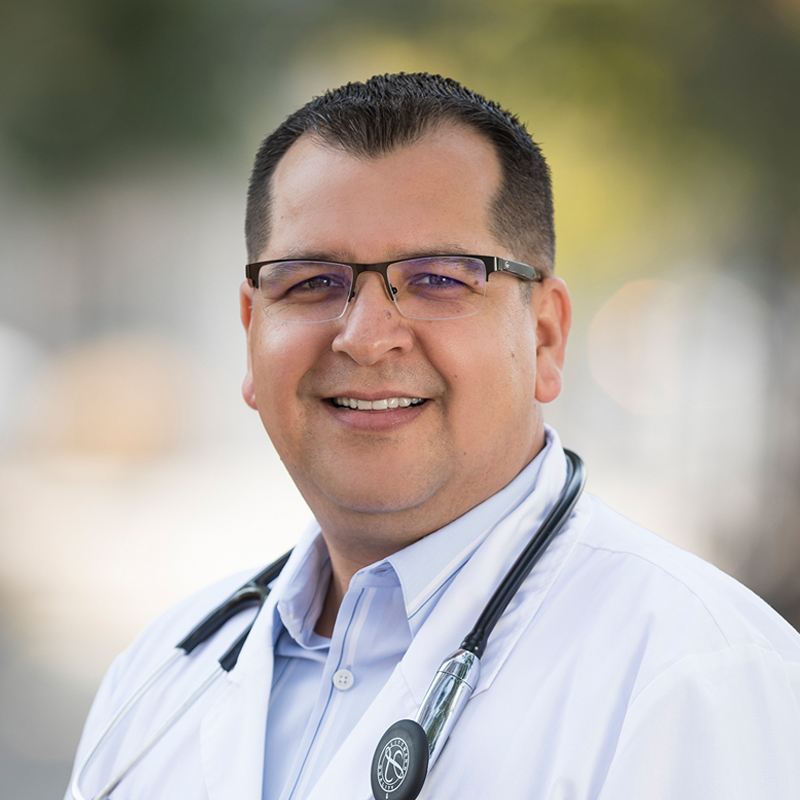Heat stress in older adults
Safety is key for seniors to live more independent lives in their homes and communities. To help seniors stay safe during periods of high heat, here’s an article by the CDC regarding heat and older adults.
People aged 65 years or older are more prone to heat-related health problems. If you’re an older adult or a caretaker, review this page for information on how you or the person you’re caring for can stay safe during the heat.
Why are older adults more prone to heat stress?
- Older adults do not adjust as well as young people to sudden changes in temperature.
- They are more likely to have a chronic medical condition that changes normal body responses to heat.
- They are more likely to take prescription medicines that affect the body’s ability to control its temperature or sweat.
Stay cool, stay hydrated
- Stay in air-conditioned buildings as much as possible. If your home doesn’t have air conditioning, contact your local health department or locate an air-conditioned shelter in your area.
- Do not rely on a fan as your main cooling source when it’s really hot outside.
- Drink more water than usual and don’t wait until you’re thirsty to drink.
- If your doctor limits the amount of fluids you drink or has you on water pills, ask them how much you should drink during hot weather.
- Don’t use the stove or oven to cook—it will make you and your house hotter.
- Wear loose, lightweight, light-colored clothing.
- Take cool showers or baths to cool down.
- Do not engage in very strenuous activities and get plenty of rest.
- Check on a friend or neighbor and have someone do the same for you.
- Follow additional tips on how to prevent heat-related illness.
Stay informed
- Check the local news for health and safety updates.
- Seek medical care immediately if you have, or someone you know has, symptoms of heat-related illness like muscle cramps, headaches, nausea or vomiting.
As always, participants of WelbeHealth PACE programs can contact their center to find resources to stay cool during periods of extreme heat. For more on the services our PACE program provides, click here.

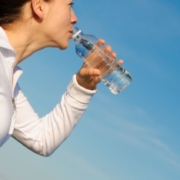


 Cheryl Coleman works for
Cheryl Coleman works for 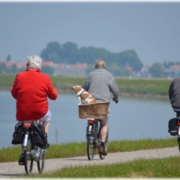
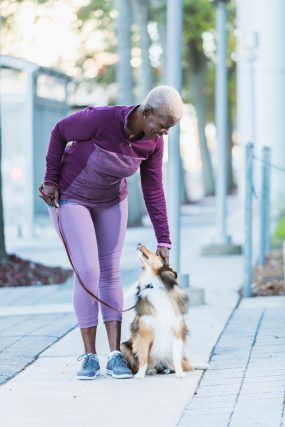

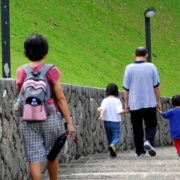
 D’juana Hale always wanted to be a doctor growing up, saying that her pediatrician was her inspiration. Today, she is in the medical field working as an LVN/Nightly Navigator for our
D’juana Hale always wanted to be a doctor growing up, saying that her pediatrician was her inspiration. Today, she is in the medical field working as an LVN/Nightly Navigator for our 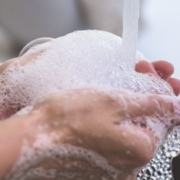
 Ivette Zoltzman comes to the WelbeHealth family from UCLA, where she worked in the outpatient clinic working on wound care patients, a job she loved. She now works as a Home Care RN, working for our Pacific PACE center in Pasadena. She joined the WelbeHealth team because she really wanted to make a difference in her patients’ lives. “Even if I made one person happy or touched their lives one way or another, I know I did my job right. As a nurse, I have the privilege of helping others when they are the most vulnerable,” she added.
Ivette Zoltzman comes to the WelbeHealth family from UCLA, where she worked in the outpatient clinic working on wound care patients, a job she loved. She now works as a Home Care RN, working for our Pacific PACE center in Pasadena. She joined the WelbeHealth team because she really wanted to make a difference in her patients’ lives. “Even if I made one person happy or touched their lives one way or another, I know I did my job right. As a nurse, I have the privilege of helping others when they are the most vulnerable,” she added.










































